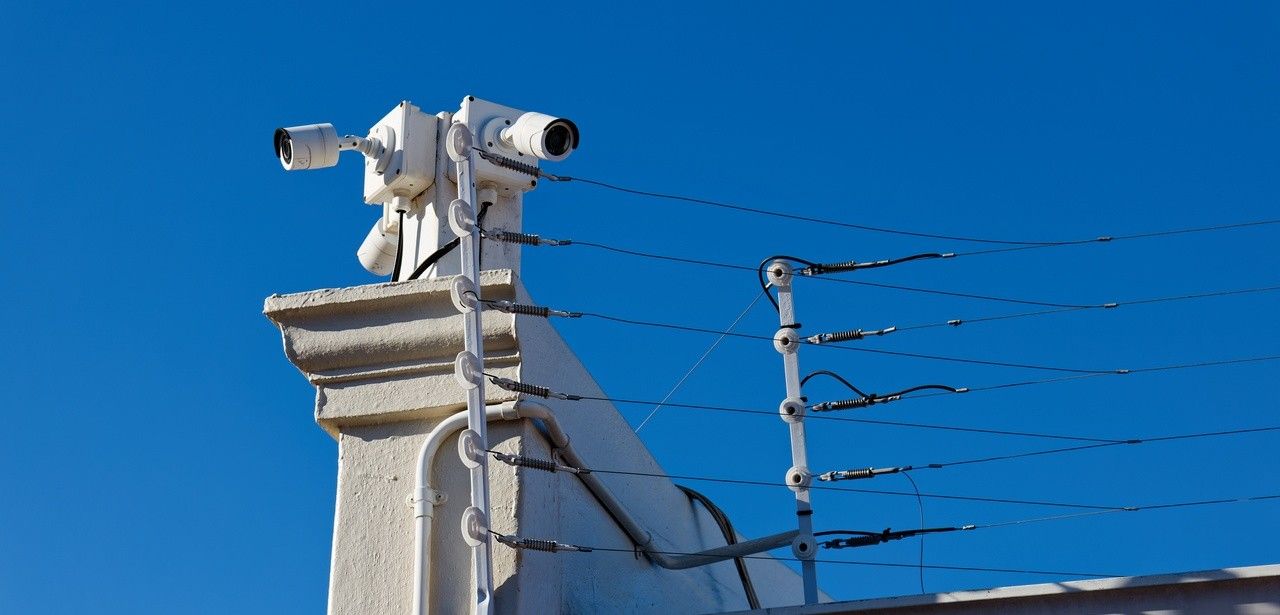A new surveillance system in Uganda allows the government to track the real-time location of all vehicles in the country, posing serious risks to privacy and undermining the rights to freedom of association and freedom of expression, according to Human Rights Watch. The organization calls for the abolition of the Real Time Location System. This system raises concerns about government overreach and potential abuses of power in Uganda. The government should prioritize protecting the rights of its citizens instead of infringing upon them through mass surveillance.
New Ugandan Surveillance System Raises Concerns Over Privacy and Rights
The government of Uganda introduced the “Intelligent Transport Monitoring System” on November 1, 2023, with the aim of addressing national security issues. This system builds upon the existing traffic surveillance system in the country and involves the implementation of a network of surveillance cameras and mandatory location-tracking devices connected to the mobile network in all vehicles.
The new Intelligent Transport Monitoring System in Uganda enables the government to track the location of all vehicles in real-time, posing serious risks to privacy and fundamental rights such as freedom of association and freedom of speech, warned Human Rights Watch. The government should abolish the system. The system, launched on November 1, 2023, builds upon the existing traffic surveillance system and introduces a network of surveillance cameras and mandatory mobile network-connected tracking devices in all vehicles. This unrestricted mass surveillance undermines the right to privacy for millions of Ugandans. The government should prioritize protecting the rights of its citizens rather than abusing them.
The government has limited public scrutiny of the technical system, its capabilities, and the contract with the Russian company supplying the project. There are no published plans for monitoring and mitigating human rights violations associated with the project.
Since 2018, the Ugandan government has been gradually expanding its surveillance capabilities in response to a series of high-profile murders of political and government officials by unknown individuals on motorcycles. President Yoweri Museveni introduced a “nine-point security plan” that included the implementation of electronic license plates to enable the police to identify the owners of vehicles found at crime scenes.
In 2019, the Ugandan government invested $126 million in closed-circuit television (CCTV) surveillance technology from Chinese telecommunications company Huawei. The purpose of this technology was to monitor public spaces throughout Uganda. Then, in July 2021, the government announced a new partnership with Russian firm Joint Stock Company Global Security to establish the Intelligent Transport Monitoring System. This system signifies a significant expansion of the government’s surveillance capabilities and raises concerns about privacy and human rights.
The government and the company have announced that they will jointly operate the system for the initial ten years, after which the company will transfer ownership to the government.
Susan Kataike, spokesperson for the Ministry of Works and Transport, confirmed that the new system will introduce advanced license plate recognition technology, facial recognition, and traffic density cameras. These technologies will complement the existing network of CCTV cameras used by the police to enhance surveillance capabilities. The integration of these new features will enable more efficient monitoring and enforcement of traffic regulations, contributing to improved road safety and security.
Starting from February 1st, 2024, all vehicle owners in Uganda are required to pay a registration fee ranging from 50,000 to 714,300 Uganda Shillings (approximately $13 to $190) in order to obtain new license plates. These license plates will be equipped with a SIM card-enabled device provided by the state-owned telecommunications company, Uganda Telecommunications Corporation Ltd (UTL). This device will allow the government to track the location of registered vehicles in real-time from the national police command center.
The device enables the government to track the real-time location of all registered vehicles from the national police command center. It also requires foreign vehicles temporarily in Uganda to install the tracking devices during their stay in the country.
The Intelligent Transport Monitoring System in Uganda will collect data from the telecommunication network of UTL and a privately operated telecommunication company, potentially giving multiple private companies access to real-time location information of all vehicles in Uganda. This raises serious concerns about human rights and security, as highlighted by Human Rights Watch.
In Uganda, the government has introduced a novel approach to vehicle tracking, using SIM card-based technology. This system allows authorities to track vehicles in real-time, a method not commonly seen in other countries. By utilizing this innovative approach, the government aims to enhance their ability to monitor and regulate vehicle movements within the country, potentially improving national security and law enforcement efforts.
Members of a parliamentary committee, tasked with investigating the project in May, concluded that the agreement between the government and the Joint Stock Security Company had not been adequately vetted, and the government failed to exercise due diligence in relation to the company. Abdallah Kiwanuka, a member of the Defense and Internal Affairs Committee, stated that the government denied parliament members the opportunity to visit Russia to learn more about the system, citing the “security situation” in Russia. Kiwanuka also mentioned that the government did not explain to the committee how the data would be protected.
The deputy speaker of parliament, Thomas Tayebwa, announced on October 11th that a second investigation by parliament would be transferred to the jurisdiction of a secret committee, whose report would not be made public due to “national security concerns”. Tayebwa stated that only the secret committee, the Minister of Security, the Speaker of Parliament, and the President would have access to it.
In the past, the government has utilized surveillance technology to track and apprehend government opponents and critics. In 2020, the police confirmed the use of CCTV, facial recognition, and license plate recognition technology to identify and detain alleged protesters leading up to the 2021 elections in Uganda. Human Rights Watch has documented arbitrary arrests and unlawful detentions of individuals allegedly involved in protests during this period.
Uganda’s government has implemented a data collection system that requires citizens to provide extensive personal information, including names, signatures, photos, and fingerprints, in order to register SIM cards and national identification cards. This mass collection of data has raised concerns about privacy and has created a climate of fear among journalists, limiting their ability to work freely. Additionally, the government has announced plans to include DNA and iris scan information for the registration of new identification cards, further expanding their data collection capabilities.
The Privacy and Data Protection Law of Uganda, enacted in 2019, permits the collection of personal data under the pretext of “national security.” Furthermore, both the Anti-Terrorism Law of 2002 and the Communication Monitoring Law of 2010 authorize the “lawful interception and surveillance of specific communications during their transmission through a telecommunications, postal, or any other related service or system in Uganda.
These provisions are broad and contradict international law, which dictates that any interference with the right to privacy, including the collection of metadata or monitoring of communication content, must be strictly necessary and proportionate to protect a specific state interest and must be clearly and non-discriminatory regulated by law.
The expansion of the Ugandan government’s power to collect and store information about its citizens is a cause for concern due to its magnitude and speed. Instead of limiting the basic rights and freedoms of individuals, the authorities should focus on enhancing their protection. It is crucial for the government to align its national laws on privacy restrictions with international laws, ensuring that any interference in the right to privacy is strictly necessary, proportional, and legally regulated.














